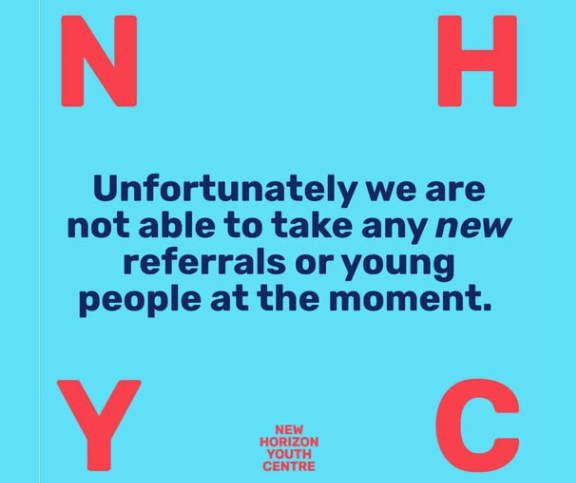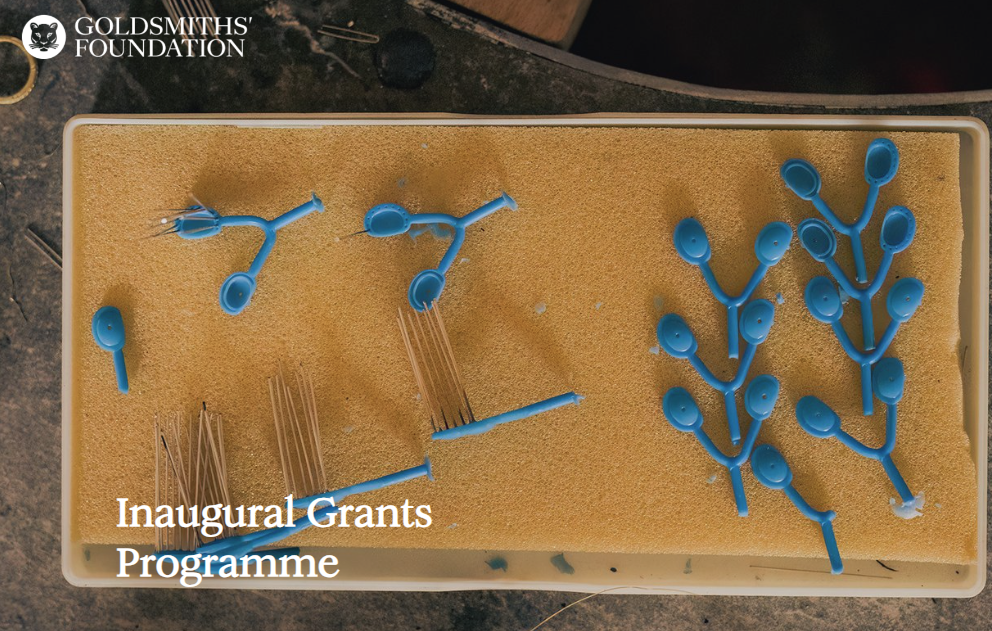The NCVO has warned that 2025 will be a tough year for many charities as they continue to tackle a "perfect storm" of “funding falling, costs increasing, and demand climbing”.
This “financial squeeze” is being heightened by an increase in National Insurance Contributions that came into effect this month.
Without an exemption for charities the sector faces a total additional cost of £1.4bn, the charity body warns in its latest The Road Ahead report.
“In the absence of being able to pass this cost onto the consumer, as the private sector would, and without the same exemptions the public sector receives, organisations will need to find workarounds to cover this extra cost,” states the NCVO’s report.
It warns that decisions charity leaders face in 2025 are likely to include cutting staff numbers, restructuring, merging with other charities, cutting services or closing “which ultimately impacts the people and communities that rely on them”.
Greater competition for donations will also blight 2025, says the NCVO. It cites latest Charities Aid Foundation figures showing the number of people donating has fallen to the lowest level since it began recording this data nine years ago.
The battle to access grants from funders is also heightening, warns the NCVO. According to the Association of Charitable Foundations grant applications surged by 30-50% last year.
But there are opportunities to tackle such challenges in 2025, adds the NCVO.
It points to guidance for public sector commissioners in February from central government requiring them to “maximise procurement spend” with charities.
However, it warns that more than a third of small charities rely on government for all their income. Diversifying funding steams is especially important in 2025 to protect them, says the NCVO.
“What’s clear is that charities must not rely on one revenue source, where possible,” states its report.
“Ensuring diverse funding sources will be crucial, especially for smaller charities who are more reliant on government funding.”
Technology
Charities are also urged to use technology to improve the efficiency of their operations, pointing out that six in ten charities are currently using artificial intelligence (AI) in their day-to-day work.
However just half have a digital strategy in place, according to last year’s Charity Digital Skills Report.
“Charities will need to work out how to use AI to best support what they do, while also using it safely and securely, says the NCVO’s report.
“AI and automation can support the drive for efficiency, for example in admin tasks and previously paper-based processes, which frees up staff to focus on areas that technology can’t.”
NCVO chief executive Sarah Elliott added: “Economic uncertainty, difficult funding landscapes, and evolving political priorities require us to rethink how we operate, collaborate, and advocate for change.
“Now more than ever, we must harness the power of innovation, collaborative partnership, and digital transformation to sustain and grow our impact.”
Latest News
-
Paying fundraisers a commission can harm their wellbeing, think tank warns
-
Regulator finds misconduct at late-filing private Catholic school
-
Monday movers - 2 February
-
Tactics of most successful event fundraisers revealed
-
Leadership diaries: From open-top buses to boardrooms
-
Number of late filing charities increases by 51% in a year
Charity Times video Q&A: In conversation with Hilda Hayo, CEO of Dementia UK
Charity Times editor, Lauren Weymouth, is joined by Dementia UK CEO, Hilda Hayo to discuss why the charity receives such high workplace satisfaction results, what a positive working culture looks like and the importance of lived experience among staff. The pair talk about challenges facing the charity, the impact felt by the pandemic and how it's striving to overcome obstacles and continue to be a highly impactful organisation for anybody affected by dementia.
Charity Times Awards 2023
Mitigating risk and reducing claims

The cost-of-living crisis is impacting charities in a number of ways, including the risks they take. Endsleigh Insurance’s* senior risk management consultant Scott Crichton joins Charity Times to discuss the ramifications of prioritising certain types of risk over others, the financial implications risk can have if not managed properly, and tips for charities to help manage those risks.
* Coming soon… Howden, the new name for Endsleigh.
* Coming soon… Howden, the new name for Endsleigh.
Better Society

© 2021 Perspective Publishing Privacy & Cookies













Recent Stories